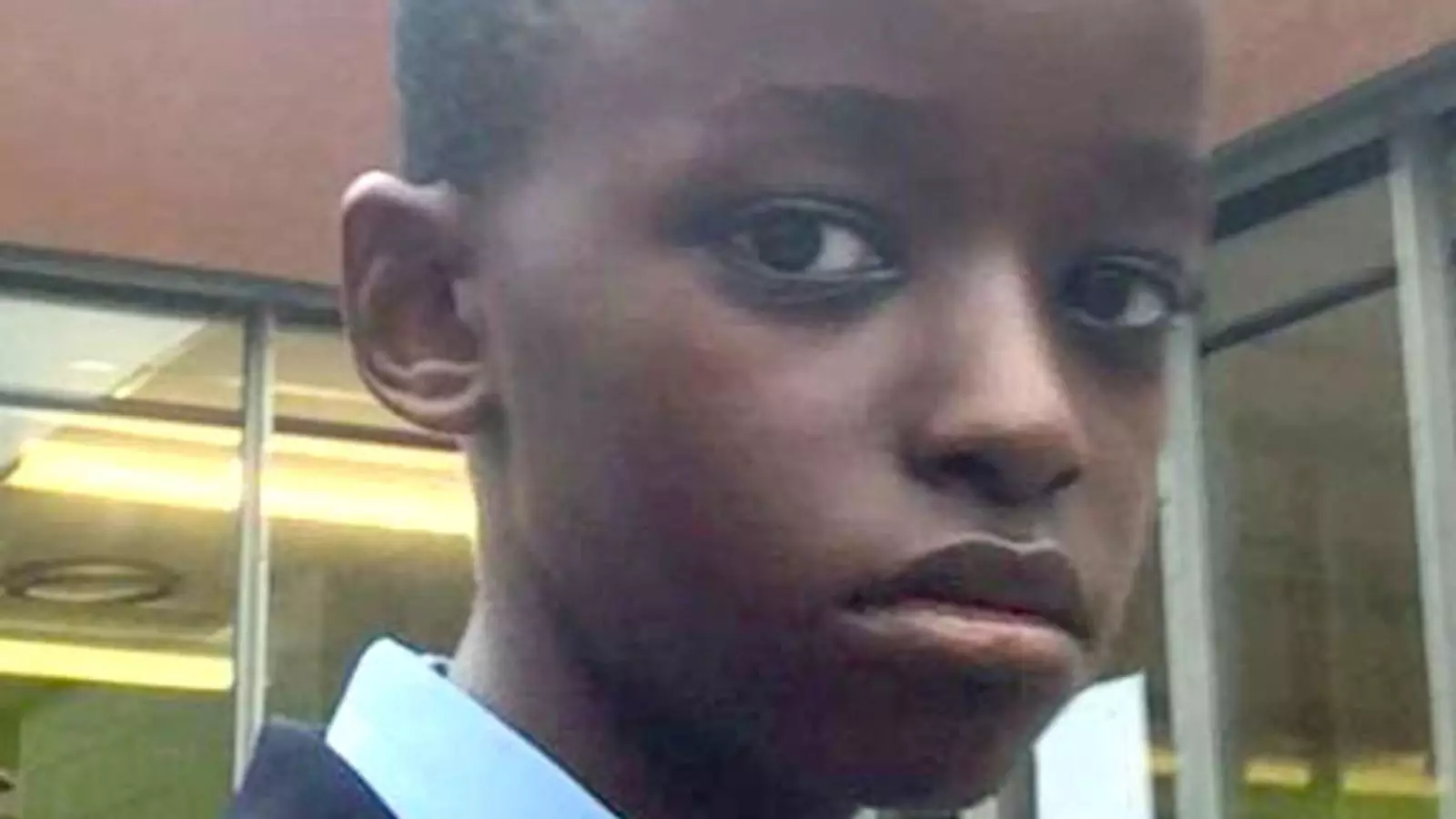The recent events surrounding the stabbings in Southport have sent shockwaves throughout the nation. The tragic loss of three young lives during a Taylor Swift-themed dance class has highlighted deep societal issues, galvanizing public emotional responses and fierce debates about safety and crime in the United Kingdom. At the heart of this controversy is Axel Rudakubana, an 18-year-old who has been accused of heinous crimes that raise not only legal questions but ethical and philosophical ones regarding terrorism and the influence of radical literature.
On 29 July, Rudakubana allegedly orchestrated an attack that resulted in the deaths of six-year-old Bebe King, seven-year-old Elsie Dot Stancombe, and nine-year-old Alice da Silva Aguiar. The attack shocked a nation already grappling with complex conversations about youth violence, mental health, and societal standards. It was not merely a crime against individuals but an assault on community sanctity, challenging the notion of safety in public venues.
Rudakubana’s first court appearance via video link from Belmarsh prison only intensified public interest. He faces grave accusations: three counts of murder, attempted murder of eight other children, and possession of a dangerous weapon. The legal implications are further complicated by recent revelations about the discovery of ricin— a potent biological toxin— and an al Qaeda training manual within his residence. These details underscore a deeper, more troubling narrative about the motivations and preparations behind such a violent act.
Despite the gravity of the charges, Rudakubana’s demeanor during the court proceedings raised eyebrows. Clad in a grey tracksuit, he covered his face with his sweater and chose to remain silent, sparking discussions about his mental state and potential strategies of his defense team. His barrister, Stan Reiz KC, noted that the choice not to respond was a personal one, which only adds layers to the ongoing analysis of Rudakubana’s psychological profile.
The introduction of charges related to the production of ricin and a manual allegedly linked to jihadist ideology elevates the case into uncharted legal territory. Under the Biological Weapons Act of 1974, the allegation that Rudakubana produced a toxic substance presents profound implications for how society defines terrorism and radicalization. It raises questions about how those who might be operating alone or as part of a larger network could be identified and monitored.
The presence of a PDF document titled “Military Studies in the Jihad Against the Tyrants” certainly raises alarms for law enforcement and national security agencies. Such materials are often scrutinized, sparking debates about freedom of expression and the boundaries between radical thought and actionable intent. The mere possession of such information brings forth concerns about the psychological and ideological climate of aspiring young offenders, suggesting that a more extensive preventive approach may be warranted.
The community response to the Southport stabbings has been marked by grief but also by anger and frustration. The aftermath of misinformation regarding Rudakubana’s background stirred far-right sentiments that erupted into riots across the UK. This highlights a key societal issue: how misinformation can fuel division and violence. It raises essential conversations about the media’s role in responsible reporting, public perception, and community safety.
Moreover, the political implications are daunting. With over 1,500 arrests made and more than 1,000 charges brought against individuals involved in the subsequent riots, this crisis puts pressure on government officials to respond meaningfully. Political figures, including Sir Keir Starmer, have raised concerns over potential information suppression, demanding greater transparency and accountability from governing bodies in handling sensitive cases.
As the legal proceedings unfold with a hearing scheduled at Liverpool Crown Court, many voices across the UK await clarity and justice. The intersection of violent crime, national security, and political discourse surrounding the Southport stabbings serves as a poignant reminder of the complexities that envelop such tragedies. This case will likely resonate far beyond the courtroom, challenging governmental policies and societal norms to rethink how we approach and discuss issues surrounding violence, ideology, and youth behavior. While Rudakubana’s future remains uncertain, the discussions ignited by his actions will continue to shape the national conversation for years to come.

Leave a Reply